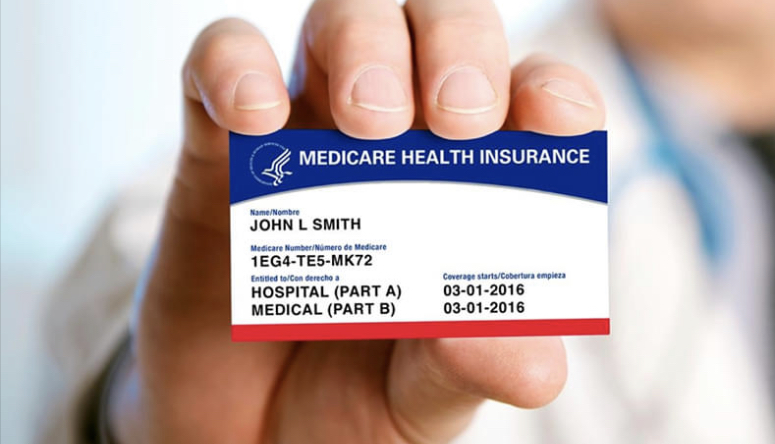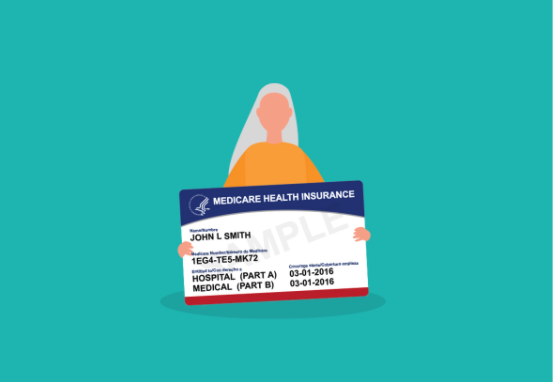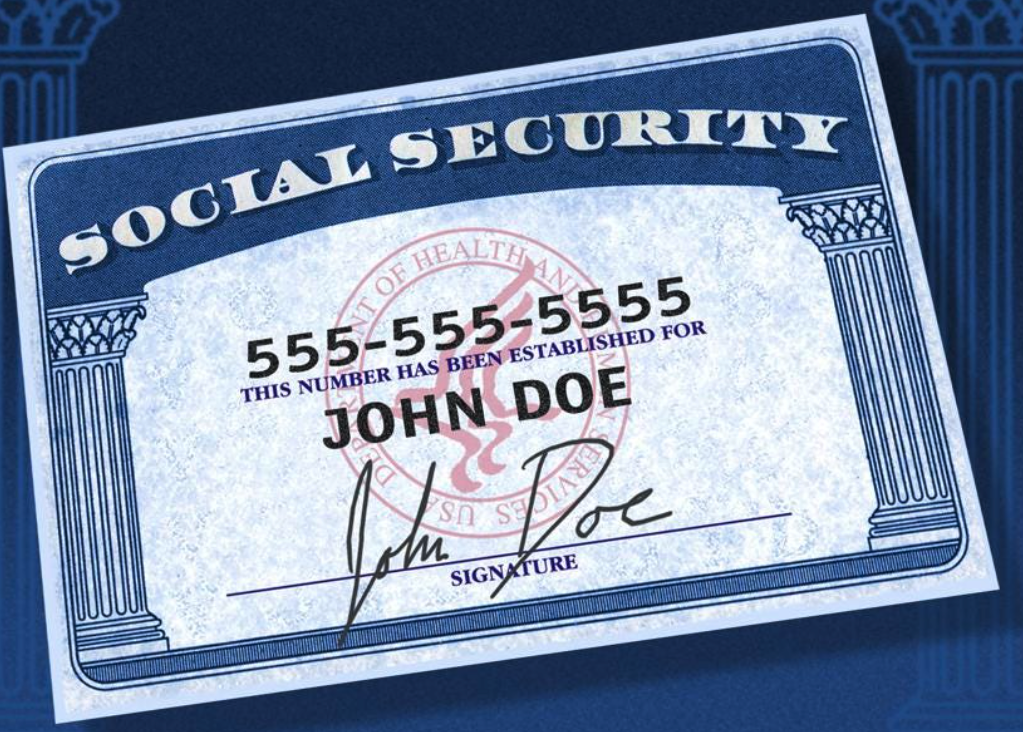
Photo by Snapwire on Pexels.com
Medicare Key Terms you should know. Medicare helps pay, but you will still have costs. Medicare does not pay for all your medical expenses. You’ll help pay the cost of care through different types of payments.
- Co-insurance– The costs that you and the health insurance plan pay are split on a percentage basis. For example, you might pay 20% of the total allowed cost of a service and the plan would pay the remaining 80%.
- Co-Pay– The fixed amount you pay at the time you receive a covered service. An example of this is you might pay $15.00 when you visit the doctor or $5.00 when you fill a prescription.
- Deductible– A set amount you pay out of pocket for covered services each year before your plan begins to pay.
- Out-of- Pocket Maximum– The maximum amount you pay during a policy period( which is usually a year). This amount does not include your premium or the cost of any services that are not covered by your plan. After you reach your out-of-pocket maximum your plan pays 100% of the allowed amount covered services for the rest of the policy period.
- Premium- The fixed amount you pay your health insurance or plan for Medicare coverage. You may pay your premium to Medicare, to a private insurance company or both depending on your coverage. Most premiums are charged monthly.
- Initial Enrollment Period (IEP)- You can enroll in Medicare at anytime during this seven-month period, which includes the three months before, the month of, and the three months following your 65th birthday. The date when your Medicare coverage begins depends on when you sign up.
Follow this link to learn more about Medicare Advantage Plans










